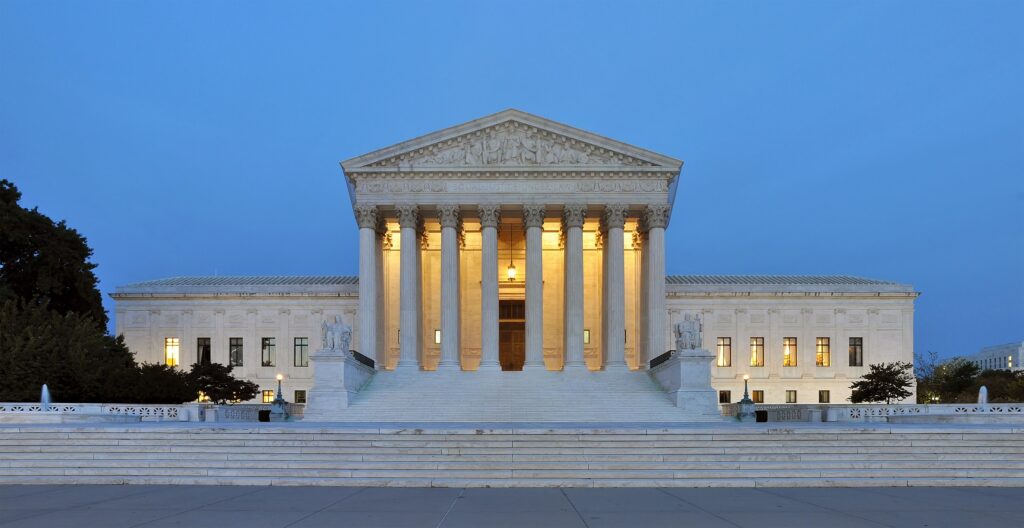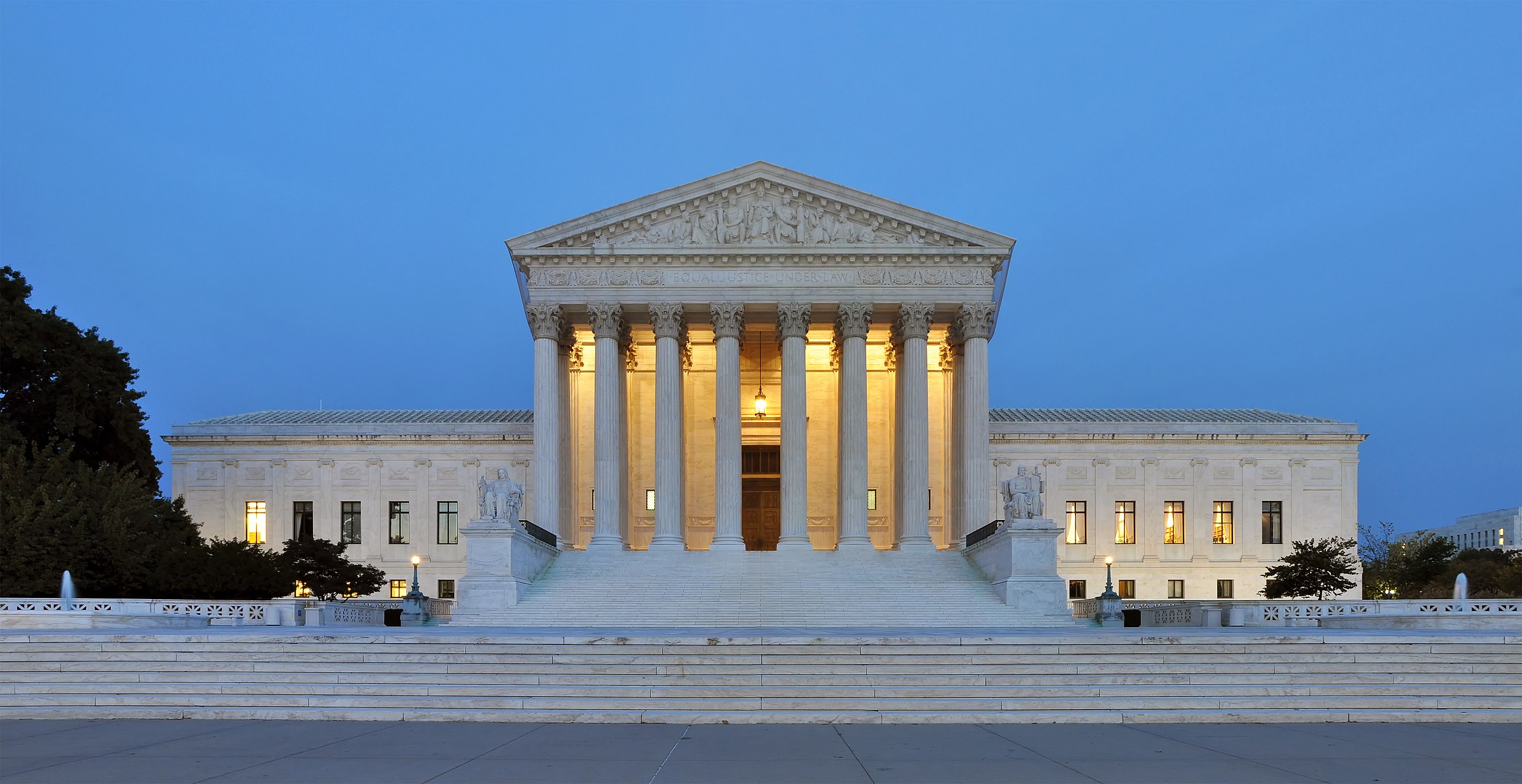In a decision that may not have been a surprise but still generated shock around the country, the U.S. Supreme Court on Friday overturned Roe v. Wade, eliminating the Constitutional right to abortion.
The vote was 6 to 3. The decision was leaked in a draft opinion to the public about a month ago.
While outrage was being registered over what many viewed as an invasion on women’s rights to control their own bodies, advocates for Black women said women of color would feel the most extreme effects from the decision.
“Black women disproportionately suffer when abortions are restricted or banned, and the states that are poised to do just that are among those with the largest Black populations in the country,” Glynda Carr, president and CEO of Higher Heights for America, said in a statement.
Higher Heights supports Black women’s participation in American politics.

“When abortion access is restricted, it doesn’t mean that abortions stop,” Carr continued. “For poor and working-class women, a large number of whom are Black and brown, it means that accessible abortions in safe healthcare facilities move out of reach. Today’s decision will have a catastrophic effect on Black women, especially those who have low incomes, live in rural areas, and do not have access to health care because of systemic racism and discrimination.”
The abortion rate for Black women in the United States is almost five times that of white women, and a large part of the disparity is due to the ability to access high-quality contraception, according to the Guttmacher Institute, a nonprofit that researches reproductive health policy.
In an address to the nation early Friday afternoon, President Biden called on Congress to reverse the Supreme Court decision, saying, “Too often the case, the poor women are going to be hit the hardest.”
Former First Lady Michelle Obama did not mention Black women specifically in a statement she released on social media, but her words reflected what many say is a Black experience.
“I am heartbroken – for the teenage girl, full of zest and promise, who won’t be able to finish school or live the life she wants because her state controls her reproductive decisions; for the mother of a nonviable pregnancy who is now forced to bring that pregnancy to term; for the parents watching their child’s future evaporate before their very eyes; for the health care workers who can no longer help them without risking jail time.”
While 13 percent of American women are Black, 38 percent of the women receiving abortions are Black, according to Linda Goler Blount, president and CEO of the Black Women’s Health Imperative, a Washington-based nonprofit that works toward better health outcomes for Black women. The high court decision reverses half a century of advances, Goler Blount wrote in a statement.
“For Black women, this decision represents something even more sinister,” she said. “For us, losing access to legal abortion could spell the difference between life and death.”
Goler Blount continued, “That may sound like a melodramatic statement, but it’s not. If the past is any guide, ending the right to abortion will spark a public health crisis for Black women defined by more maternal deaths, higher rates of poverty, and greater inequality overall. “
Before Roe V. Wade, in fact, the death rate for Black women from illegal abortion was 12 times that for white women, Goler Blount said.
Aimee Allison, founder and president of She the People, a nonprofit connecting women of color to politics, said abortion is connected to racial and gender justice.
She advised that those against the ruling and what it means for Black women register their feelings at the polls. She urged that members of the public support U.S. Rep. Val Demings, D-Fla., in her campaign for U.S. Senate and Cheri Beasley, a North Carolina Democrat also running for U.S. Senate.
Said Allison, “Women of color as the most powerful Democratic voting block have the power to elect champions that protect our most basic human right to choose what happens with our bodies.”








